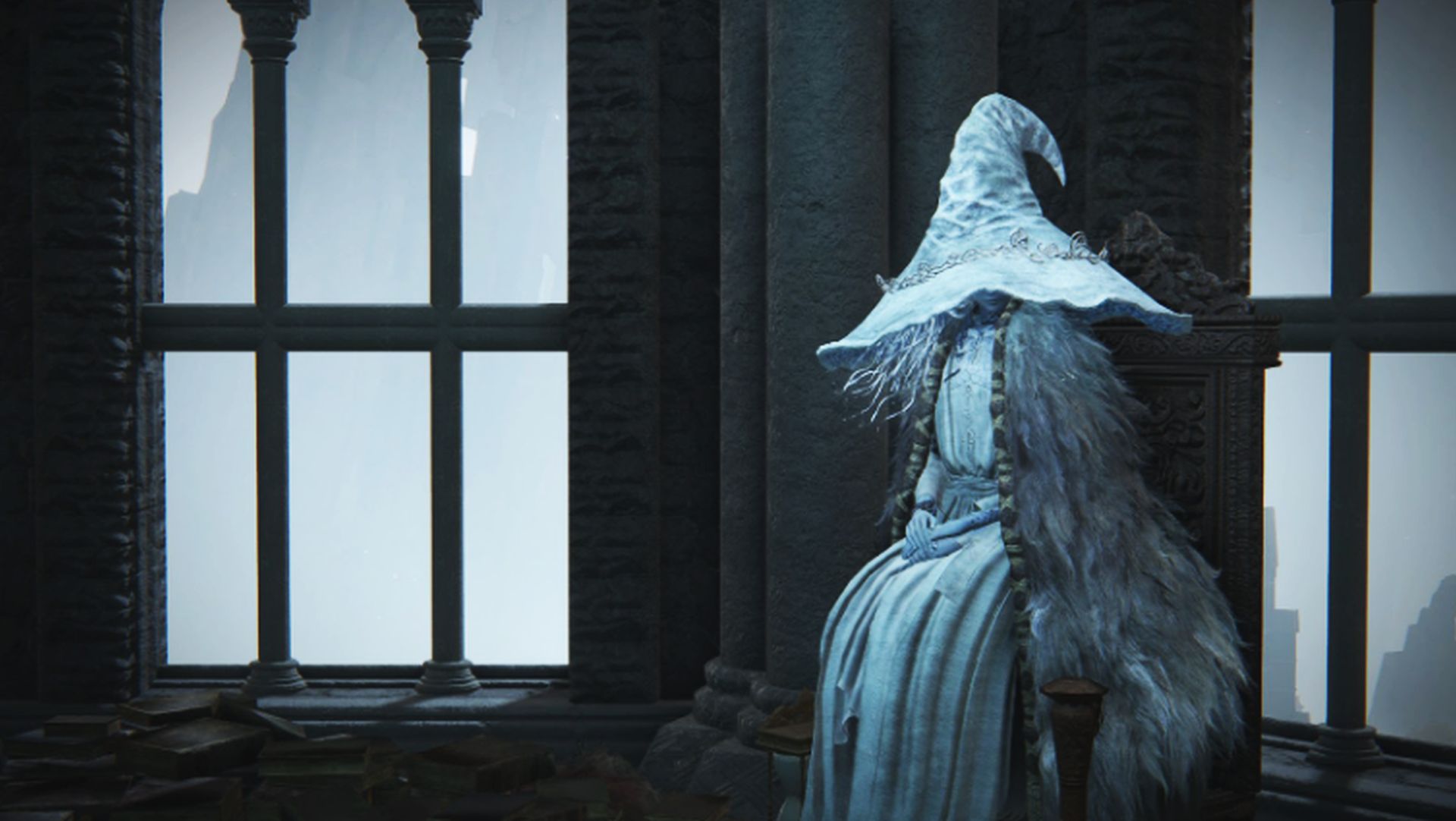
If there's one thing the internet loves to do, it's argue about industry awards, and the past few weeks have been no exception. In early November, The Game Awards nominees were announced, and on the 'Best Narrative' shortlist was a rather surprising choice. Elden Ring, with its strange and ambiguous story, was named as a nominee in a decision that apparently caused notable outrage.
"Elden Ring for best narrative is truly a farce," one Twitter user said. "Honestly the funniest nominee today is Elden Ring for best narrative," wrote another user. "Elden Ring totally deserves [a] nomination for GOTY and definitely for art but… come on guys really? Narrative?", someone else opined.
A lot of this outcry, I think, stems from a misunderstanding of the word narrative. Narrative is a broad term that's used to describe almost anything to do with storytelling in a game, be that characters, atmosphere, themes or encounters. It's not just about cutscenes and dialogue – anything a game uses to tell its story is fair game.
But there was another criticism here: an argument that Elden Ring's narrative isn't 'good' because its story is lore-heavy and imprecise. Rather than being a weakness, though, that's actually Elden Ring's greatest strength. The reason why Elden Ring's narrative isn't direct is to let the core themes be delivered effectively. In my mind, Elden Ring is an excellent example of a postmodern detective story.
But what exactly is that?
Literature 101
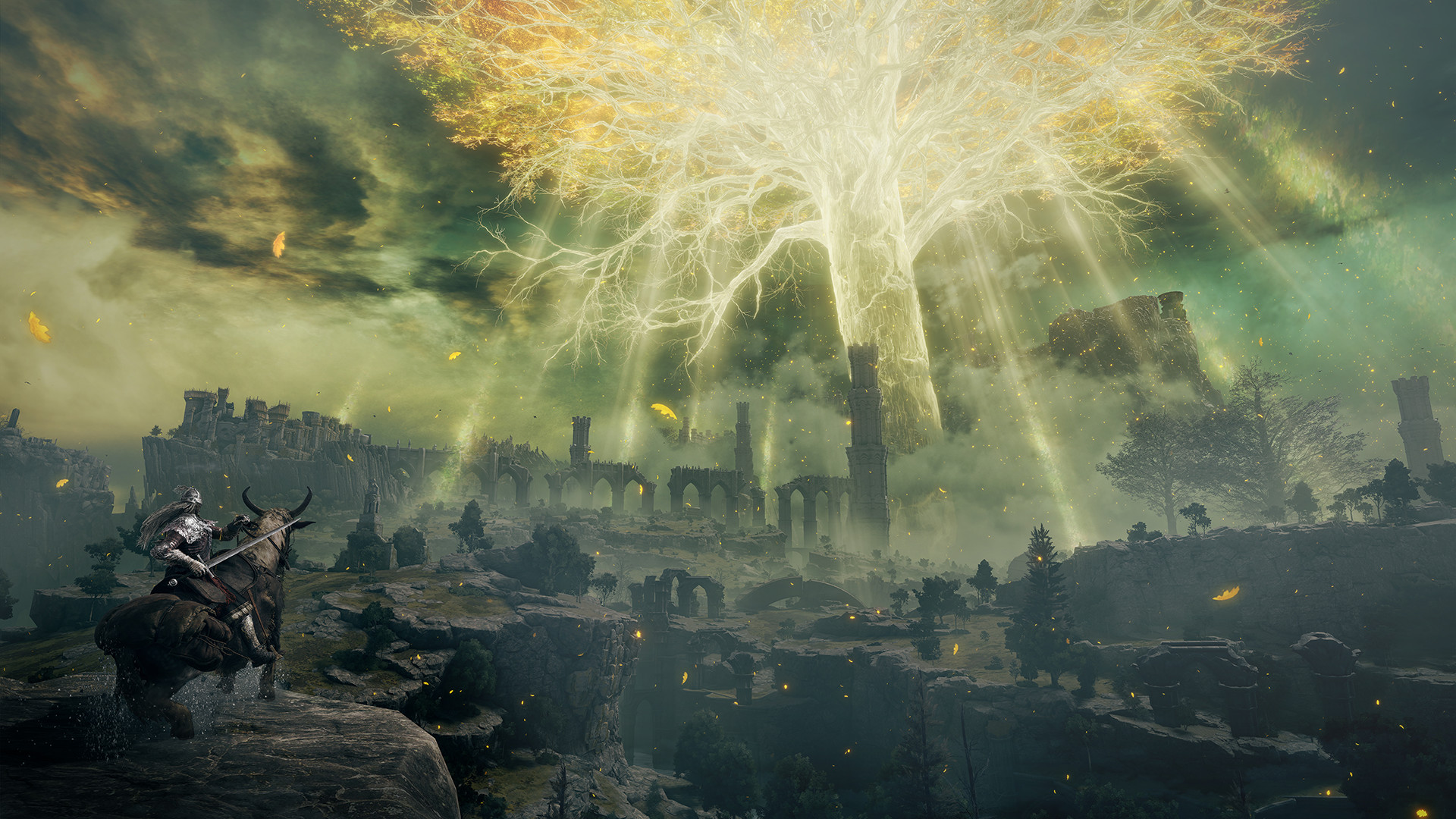
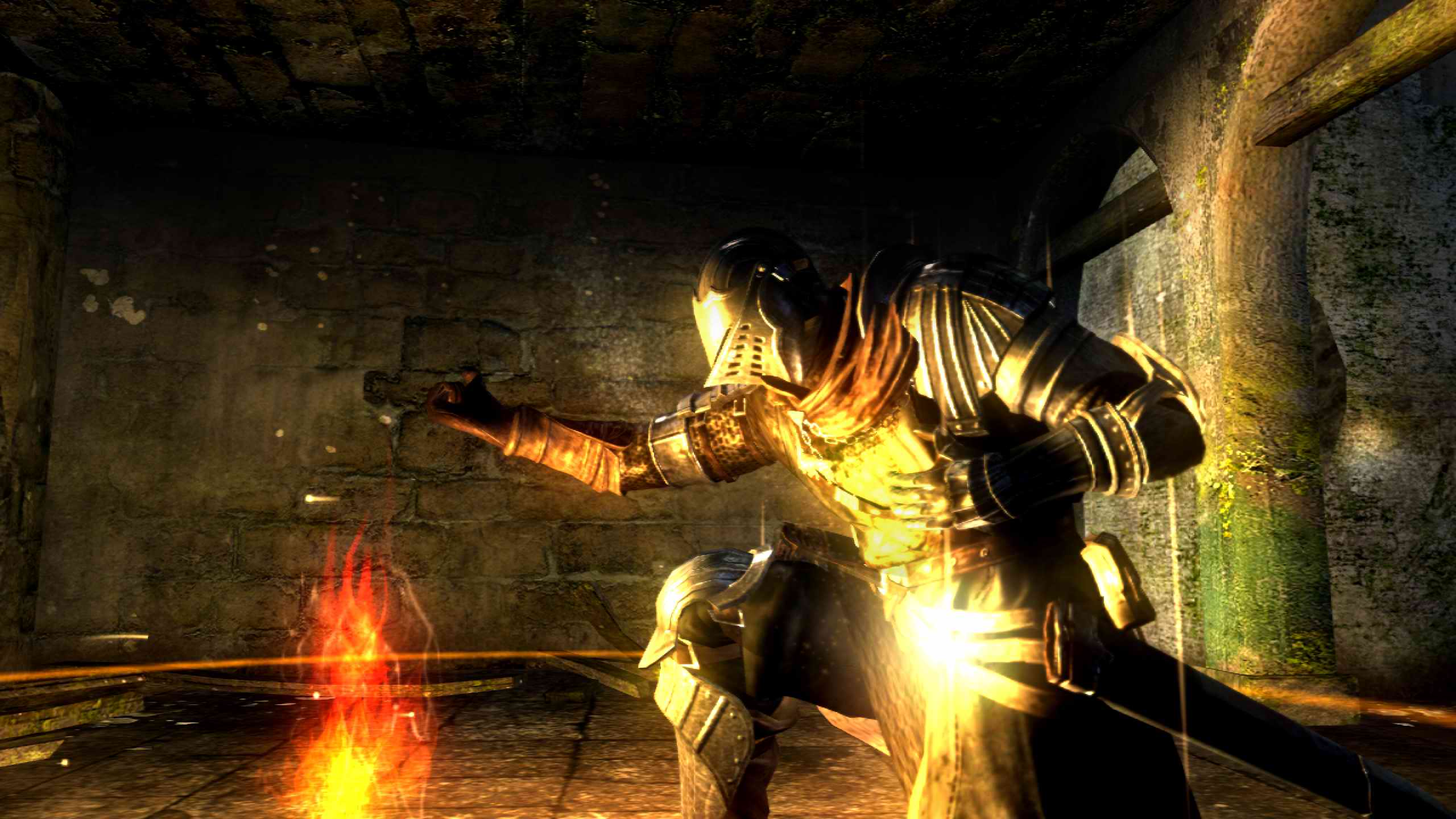
After 250 hours with Elden Ring, I now fully appreciate the masterpiece of Dark Souls
First, it's time for a quick history lesson, but I promise it's interesting. Postmodernism is an intellectual movement that developed around the 1970s in response to another literary movement called modernism. Modernist writers had recognised the increasing chaos of the 20th Century brought about by industrialisation, World War I and the twilight of European colonialism. The modernists saw this fragmentation and breakdown of unity as a tragedy. They tried to find meaning in the chaos, often looking to art for this purpose. In T.S. Eliot's poem The Waste Land, the speaker says "these fragments I have shored against my ruins," suggesting the idea of preserving pieces of civilization to protect them from further decline. Modernists wanted to define and establish order, truth and knowledge.
Postmodern writers, however, began to embrace the idea of chaos. They argued that there was no real meaning to be found in the disorder. Postmodernists also questioned ideologies which sought to explain all of world history and set an ultimate goal to work towards. They felt these 'grand narratives' could be used to justify totalitarian regimes or uphold existing social orders, silencing those with different perspectives, like the way in which Marxism was used to help form the Stalin regime.
Weekly digests, tales from the communities you love, and more
The postmodernists also threw doubt on the idea of scientific, 'absolute' truths. They argued that a truth could be partial at best, and would be influenced by a person's beliefs and biases. Even the findings from a scientific experiment can be influenced by the way someone chooses to organise and present that data. For this reason, postmodern writers preferred a selection of smaller, more personal stories rather than championing a single theme. So postmodernism can be described as a suspicion of universal truths – and a celebration of fragmentation, difference and diversity.
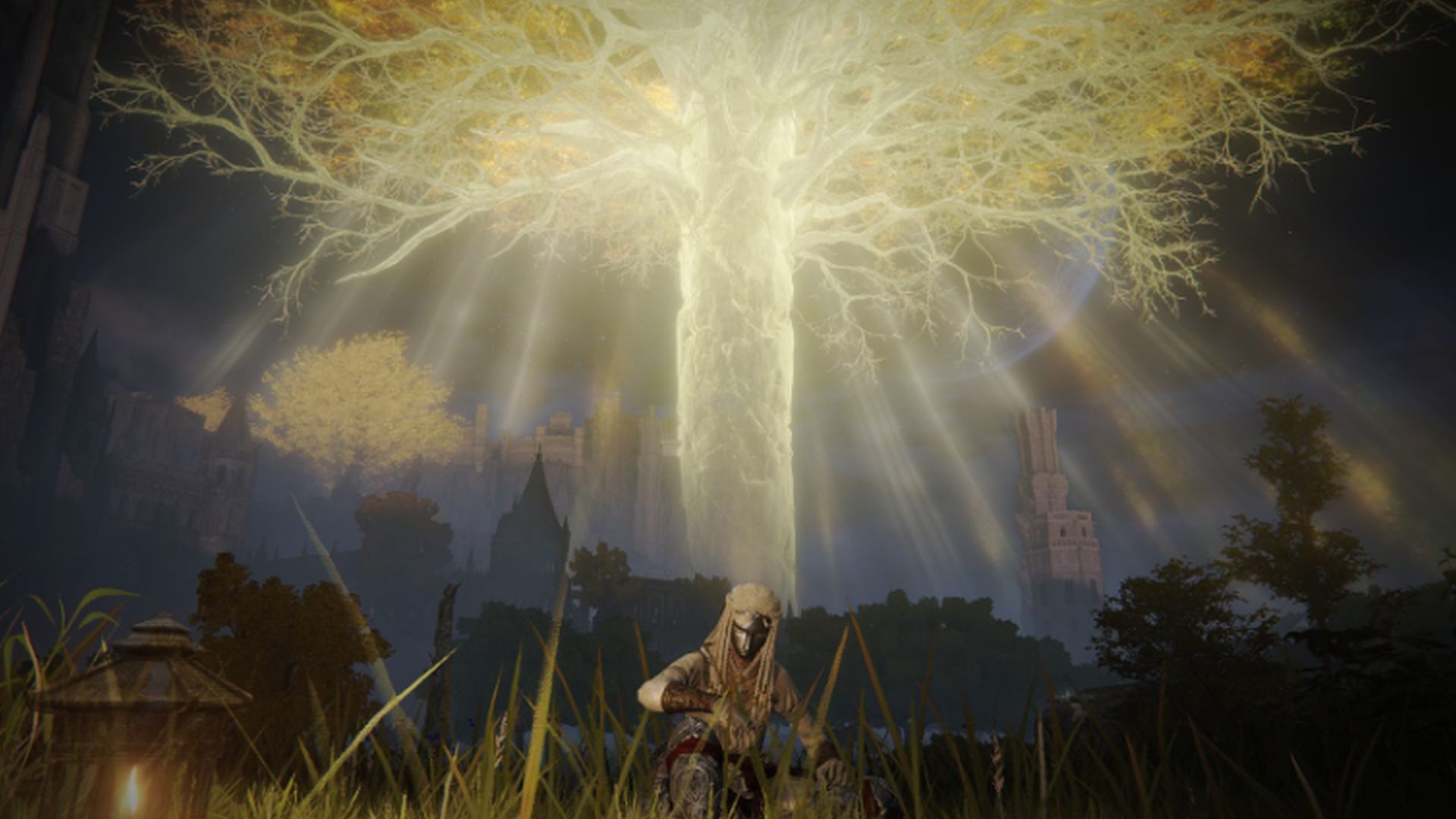
From here on out, we'll be diving pretty deep into Elden Ring's story, characters, and endings - consider this your official spoiler warning.
To Elden Ring players, these themes might sound remarkably familiar. At the centre of The Lands Between is the Golden Order: a once-powerful religious movement in the process of decline. An event called The Shattering broke the order's Elden Ring into fragments, and you, the player, are called on to gather these shards and restore the order to its former glory.
If you rush through the game to fulfil this task, ignoring any potential warning signs along the way, you'll end up with the Age of Fracture ending, a simple prolonging of all the problems that already existed under the Golden Order, with no opportunity for improvement. The Lands Between remain in a state of stagnation, with the word "fracture" implying continuing strife and conflict. You complete your task (ironically committing a sin by burning the Erdtree in doing so), but order and unified civilization are not restored as promised.
No one ending to rule them all
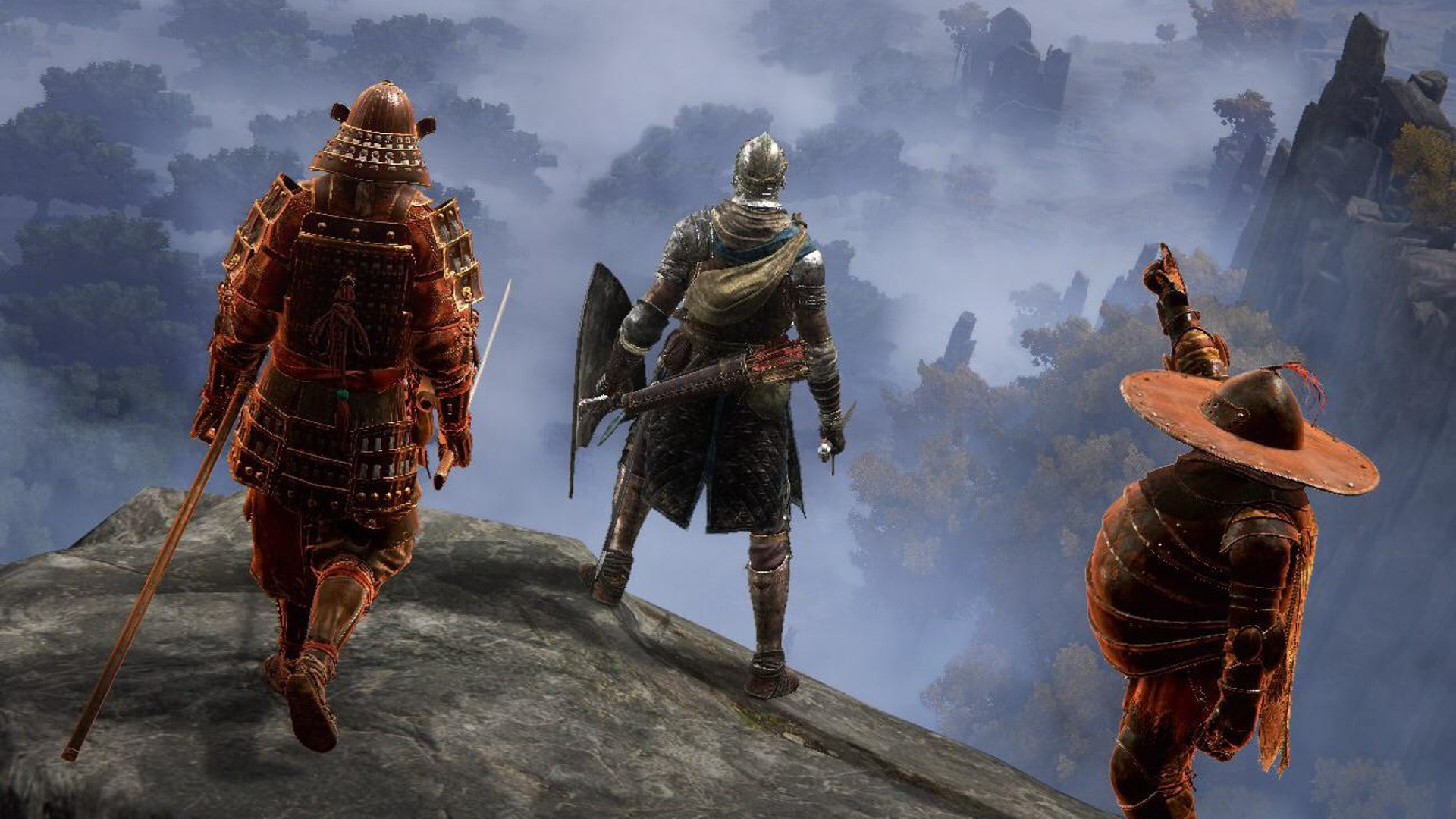
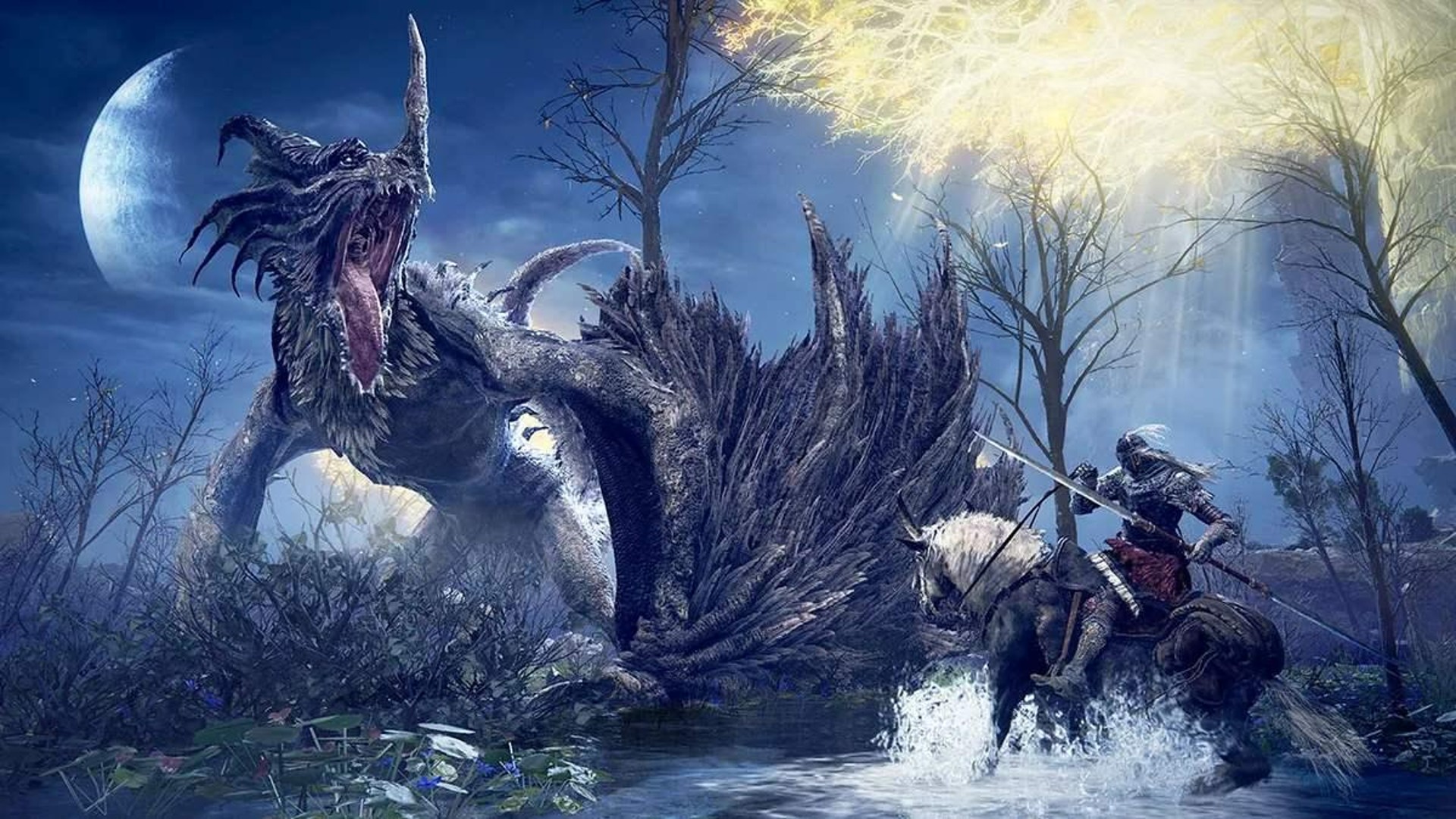
10 games like Elden Ring for when you've conquered The Lands Between
So there's already criticism of a 'grand narrative' (and those who unquestioningly follow it) at the centre of Elden Ring's story. But studying postmodern literature also allows us to understand why Elden Ring uses a fragmented narrative style. Its story is scattered, found between item descriptions, character dialogue and environmental clues. If you take the time to investigate, you're granted different perspectives on The Lands Between. There are plenty of factions and likeable characters in this world, each with their own smaller storylines. Many of these groups have been oppressed so the Golden Order could maintain control; the chained-up Fire Giant; the Omens hidden under the Royal Capital; the Albinaurics, all-but wiped out in Sir Gideon Ofnir's quest for complete knowledge.
Talking to these characters will raise doubts in your mind about the truthfulness of the Golden Order's narrative and its desire for absolute unity. Elden Ring is all about building up your understanding of the world by gathering a collection of perspectives and experiences. Essentially, the player becomes an investigator, piecing together the clues of The Lands Between's past so they can decide its future. The fractious narrative behind that investigation is why I describe Elden Ring as a postmodern detective story.
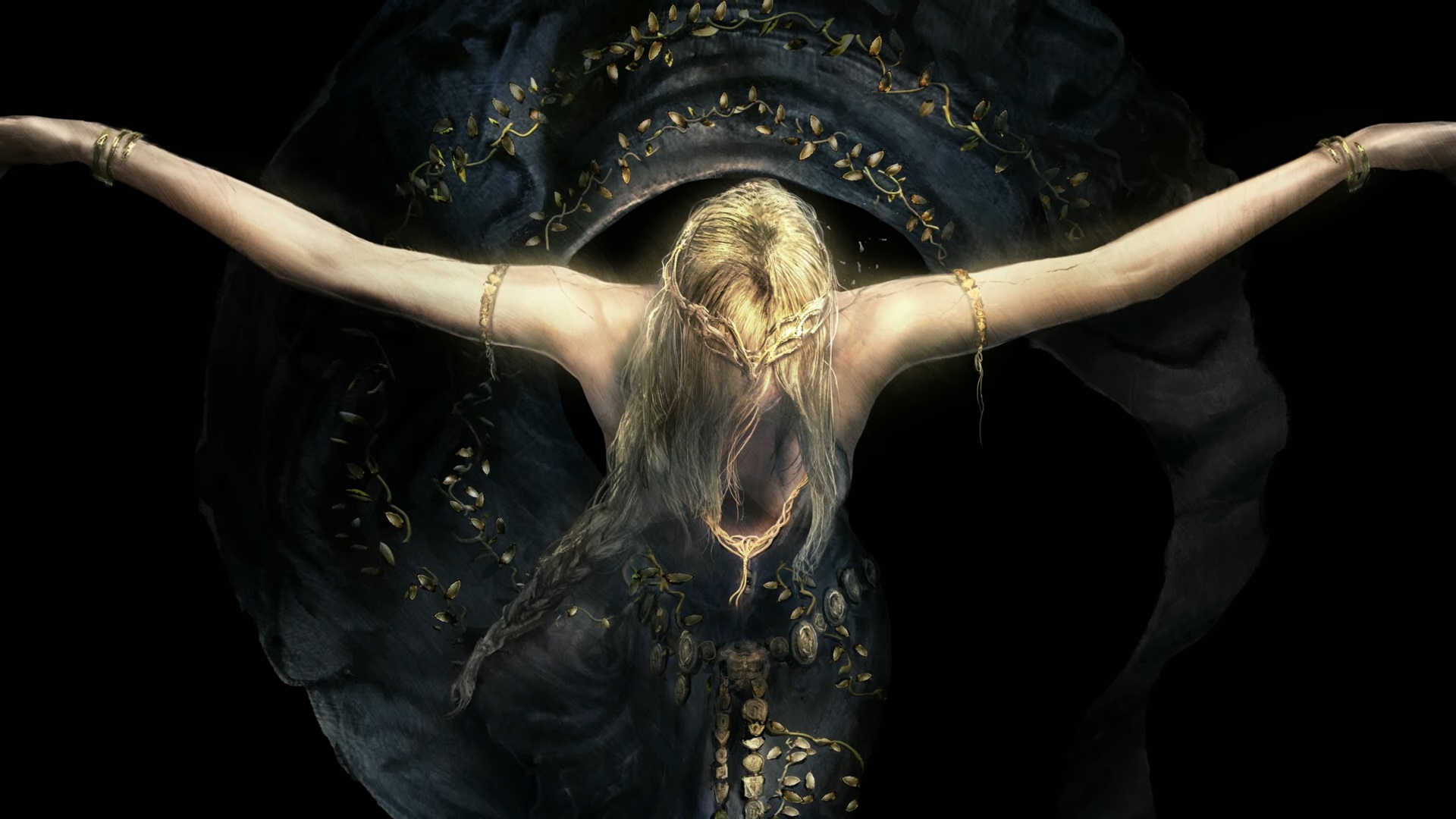
But the correct path for The Lands Between is a mystery with no solution. Completing side quests opens up opportunities for you to take the world in a new direction, but no one ending is 'true' or 'canon'. The six Elden Ring endings are all morally grey, ambiguous, and temporary. While some let you reform the order to improve it, or broaden it out to include previously-oppressed groups, none of them solve every issue for every group. Perhaps the only truly unifying ending is the Flame of Frenzy, where you can wipe the slate clean for a restart by simply burning everyone. That might be a valid emotional response to being beaten up for 60 hours, but it's not particularly fair on the more innocent members of The Lands Between.
Even Ranni's Age of the Stars Ending, often seen as 'best' way to bring the game to a close, and perhaps the most in-line with postmodern thinking, is imperfect. The removal of the Order's influence lets the inhabitants of The Lands Between live their life free of a strict ideology, an idea that fits nicely with Postmodernism. But this ending is also described as a path into "fear, doubt, and loneliness". Without a ruler, the future of The Lands Between seems unclear. What happened to all the other factions trying to gain power? It's a free future, but it's also cold and uncertain.
FromSoftware made these endings open and ambiguous for several reasons. Firstly, having a 'correct' finale would undermine Elden Ring's own criticism of grand narratives and universal truths. Secondly, the multiple endings provoke discussion of larger philosophical and ethical questions, and allow you to learn more about your own priorities. In my first playthrough, my paranoia about Ranni (whose past actions led to the horrific war of the Shattering) revealed my own thoughts and led me to choose Fracture. For me, it was a case of 'better the devil you know' – I wasn't willing to trade certainty for unsupported freedom.
No truths, only interpretations
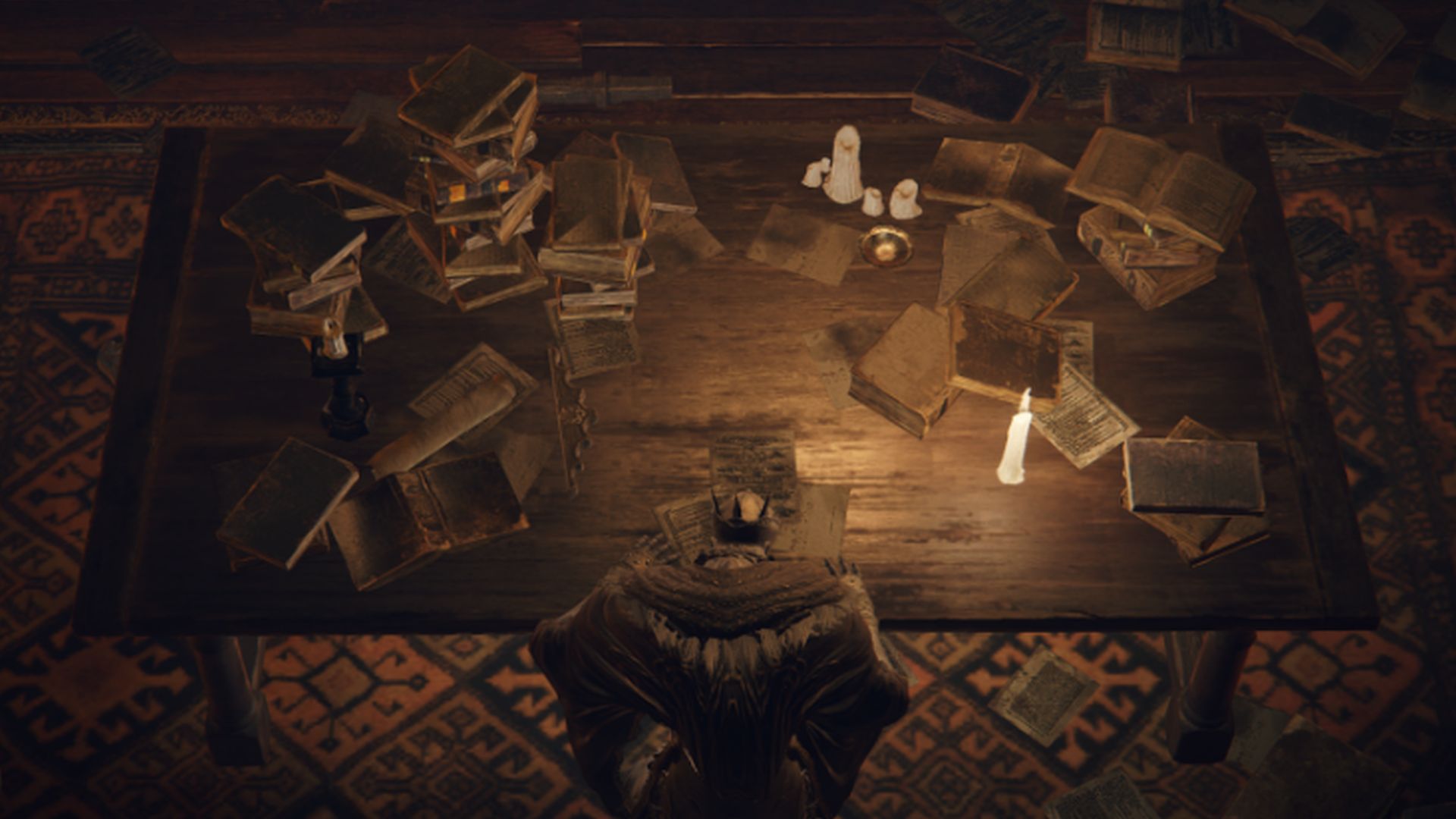
"Even if you were to investigate every item description and piece of dialogue in Elden Ring, you would still find an incomplete story. You never get the full picture – you can only find various fragments, from which you can build interpretations."
Even if you were to investigate every item description and piece of dialogue in Elden Ring, you would still find an incomplete story. You never get the full picture – you can only find various fragments, from which you can build interpretations. Unsolved mysteries can be found throughout the game; who exactly ordered Godwyn's death and triggered the Shattering? Who is Melina, the spectral girl who helps you on your journey, and what does she want? What is the exact nature of Radagon and Marika, two halves of the same god? And did Marika shatter the Elden Ring out of grief, or had she been plotting against the Greater Will for a long time? All these story gaps are necessary to create space for player interpretation. Debates on those mysteries and the game's endings still rage across social media. Isn't it fantastic that a big-budget game can provoke such fierce and complicated intellectual debates?
To deliver these postmodern themes about the damaging nature of grand narratives and the impossibility of landing on a universal truth requires the use of an uncertain world. Using a direct storyline with clear-cut endings wouldn't have allowed players to organically gather perspectives in Elden Ring's world, nor build their own interpretations from those perspectives. Players will miss things and become confused if they rush through the world, but that's partly the point. Realising you can't gain total knowledge of everything in The Lands Between – that you can only land on a partial solution based on your experiences, interpretations, and what you think is right – is a central idea in this game. This is what makes Elden Ring's narrative style so daring, and so brilliant.
Or at least, that's just my interpretation.
Need a break from the Lands Between? Check out the best games like Elden Ring
Emma Kent is a freelance writer and editor, and recipient of the MCV Rising Star award. Emma has written extensively for outlets like Edge magazine and Eurogamer, and is best known for her in-depth reporting on everything from mods to game communities.


